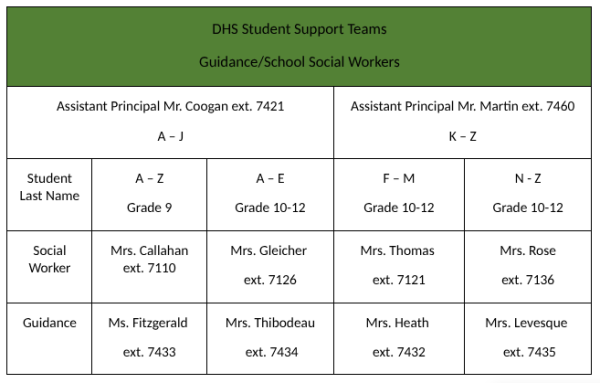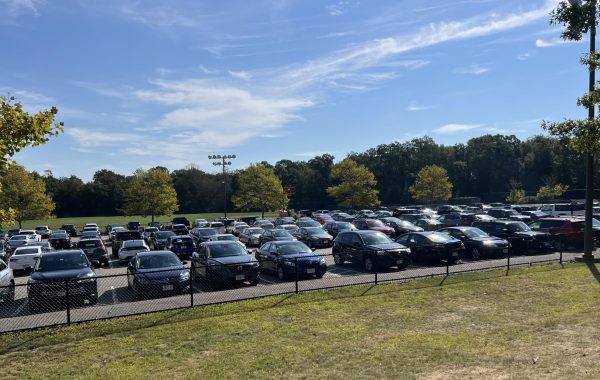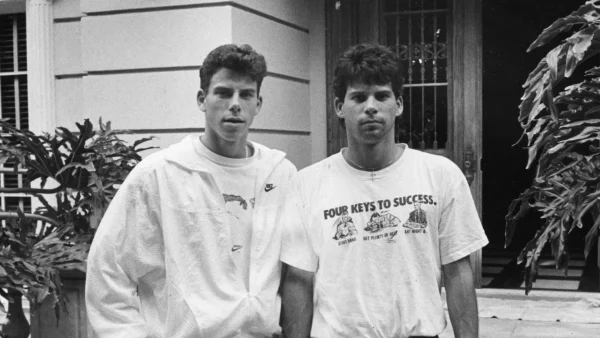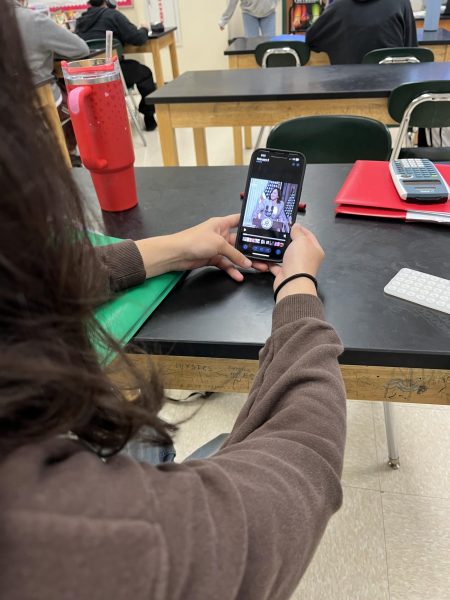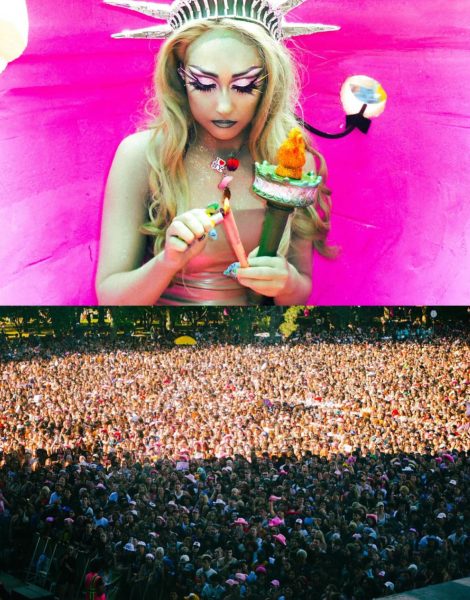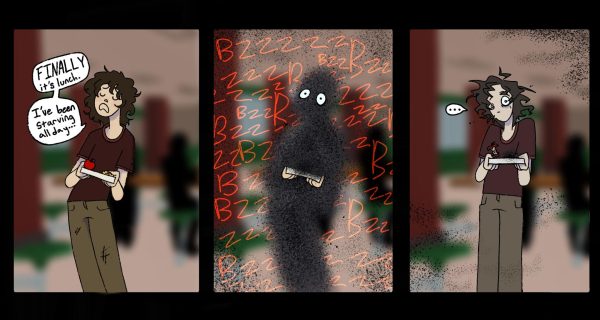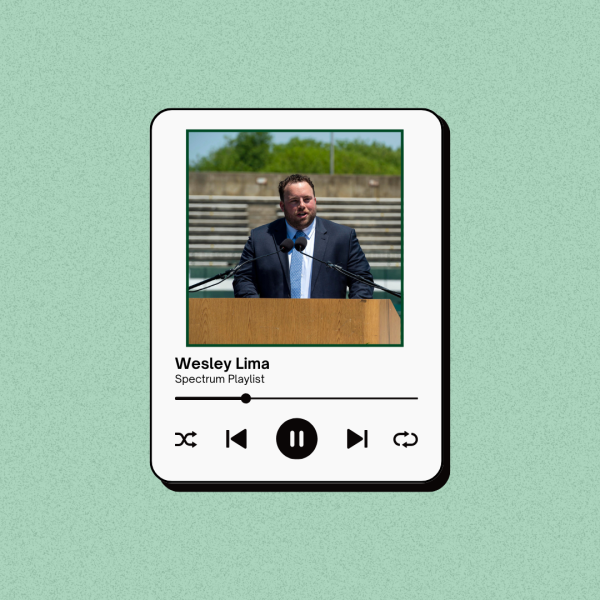Student Perspective: Part 2 – It’s time to make a move on the logo, Dartmouth

The geometric and neutral Dartmouth “D.”
Present and Future Action
By this point you’ve heard reasoning from both sides of the aisle on why we should or shouldn’t keep the mascot. Instead of explaining why you should support the removal of the mascot further, I’m going to introduce a number of ways we, as a community, can improve our awareness, approach, education, and empathy towards Native Americans.
The most important thing to understand about culture is that it’s meant to be respected and not appropriated. This means that specific culture, history, and beliefs can and should be celebrated and appreciated by all people. Along with this, it also means that culture is something that isn’t a resource for misrepresentation. Misrepresentation can be exemplified in costumes, the adoption of traditions with no knowledge of origin, or even claiming a culture as your own when it does not. Specifically, when it comes to the Native American culture, traditional headdresses and clothing are often misused as a Halloween costume. Another example being during Cinco de Mayo, and the common use of sombreros and fake mustaches. By using the Native American culture and other cultures in a setting of “dress up” their culture is undermined.
Once people are able to be respectful of culture and diversity, recognition and the education of culture can successfully take place. Many cultures are taught by people that are not a direct representation of that culture. Instead of teaching culture through the words of the victors, culture should be taught by the communities and groups it came from. Spreading accurate information and teachings on culture in the community could drastically improve relations between diverse groups as there would be a renewed view of culture, and with it, a new foundation of respect and understanding.
We can accomplish this through many different options. One that has already been recently debated is the existence of an open forum. Implementing systems to encourage the voices of those oppressed and misrepresented to speak out is the most effective way to adjust the way we present culture so that all involved members are able to agree upon a solution that addresses all interests.
Additionally, here at Dartmouth High School, we still recognize Christopher Columbus as a man worthy of a holiday. While some may be unaware of the murder and catastrophe Columbus brought upon the original discovers of North America, (the Native Americans), it is crucial that this holiday be changed to a day with the sole purpose for celebrating Indigenous peoples and culture. Not only does the holiday of Columbus represent the beginning of violence towards Native Americans in North America, but it has also been communicated to make a student uncomfortable. Eric Andrade, a father of a student at Dartmouth High School in the same October 28 school committee meeting of 2019, shared his daughter’s feelings towards the holiday describing how to her, the holiday of Columbus was a blunt way of celebrating the mass murder and destruction Native Americans experienced when Columbus came to North America.
Along with the change of this holiday, it’s important to note the term “Indian” that is widely used. While it may be the most mainstream and collective term used, it is actually a derogatory term that represents Columbus’s view of Native Americans. Columbus, when first arriving in present-day Bermuda, then traveling to North America, thought he had arrived upon the Indies. Due to this mistake, the native peoples inhabiting the land were since then called “Indians”. As a result of the actions committed by Columbus towards Native Americans, the default term used to name Native Americans and the name of Dartmouth’s athletic teams should also be changed.
Conclusion
While Dartmouth High School’s perceived position on discrimination in the student handbook is stated to be, “The Dartmouth Public Schools does not discriminate on the basis of race, color, sex, gender identity, religion, national origin, sexual orientation, disability, homelessness, genetic information, military status, pregnancy or pregnancy related condition in admission to, access to, treatment in or employment in its programs and activities,” The direct opposite is epitomized in the brushing off of valid and passionate expressions of frustration, oppression, and discrimination that is occurring in meetings and disproven announcements of collaboration with Native Americans.
To prevent this from continuing to happen, the community of Dartmouth must be willing to open their minds to try to sympathize, acknowledge, and take part in the reform of society to create a better environment that is open to the celebration and appreciation of culture and malleable and supportive to those who have oppressed in the past and in the present day.

